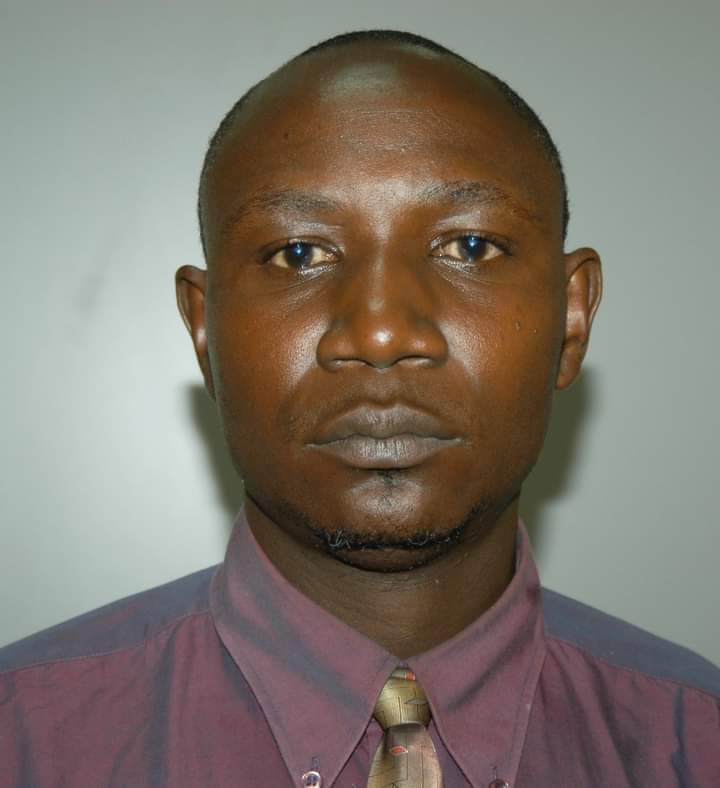Having suffered from constitutional crises , coups, civil wars and civil strifes one would have assumed that Ugandans, especially the elites have since learnt the difference between coups and uprisings.
Commentaries especially in media where many compare the recent coup in Guinea Conakry to the National Resistance Movement/Army (NRM/NRA) of 1986 after a five year people’s protracted war, are an indication people don’t differentiate between coups and uprisings.
Some commentators have said that it is not justifiable for President Yoweri Museveni to condemn a military coup d’état that happened in Guinea, when he also shot to power after a five year bush war. To them, the people’s uprising that resulted into a civil war and liberation in 1986 is same as the recent Guinea coup.
Some had even claimed that the Luwero liberation war was not justifiable because, according to them, Obote l government was democratically elected and legitimate. It is now over 30 years since the 1980 general elections and many of our people are intellectually lazy. They don’t want to read and to know, unless it’s a short messages on Whatsapp. Since 1961 general elections, there had never been controversial elections to the level of 1980 which were not only massively rigged, but were marred by violent and bloody scenes. For one to defend Obote ll fascism, the worst in post-independence Uganda, s/he must be crazy.
Back to coups, the most famous coup was that of 1799 that brought Napeleon Bonaparte to power. That was at the climax of the French revolution that had broken out in 1789 that declared France a republic. This was after the 1875 American war of independence.
Some coups are justifiable according to the motives, and those by progressive forces graduated to revolutions. The Great October Revolution (November according to Gregorian calendar) by the Bolsheviks led by Lenin, was a coup against the Mensheviks that had spearheaded the February 1917 revolution against Czar Nicholas. That revolution never left the world the same.
The 1952 Egyptian coup and later revolution led by Gamal Abdou Nasser resulted into Egypt to lead the independence movement in Africa and Middle East. It is the same with 1969 Libyan coup and later revolution that brought Col. Muammar El Qaddafi to power, was a blessing for Africa, Arab Word, Muslim World and Third World countries.
However, most of the coups in Africa have been neo colonial starting with that one of Togo in 1963 that killed President Olympio in cold blood and brought in a colonial sergeant in the French colonial army, Eyadema. It was not different from what happened in Guinea as they have been part of the French Legion. It is an insult to Guinea whose father of the nation the late Ahmed Sekou Toure declined to turn his country into a French puppet and said: We prefer to be free in poverty than slaves in wealth.” No wonder after his death in 1983, his country experienced its first coup.
Some coups like that of Uganda in 1971, according to a former Private Secretary to Obote and Amin, Henry Kyemba, in his testimony to the Commission of Inquiry into the Violation of human Rights, was justifiable. But according to Mwalimu Nyerere, if Obote l dictatorship was a frying pan, Idi Amin’s was the fire itself.
In the past there were hardly elections like in Uganda. People went to the polls in 1962, and by the time Amin took over, there was no hope for polls as Obote used the excuse of declaring a state of emergency in Buganda since 1966 and the whole of Uganda since 1969. Amin who promised to rule for five years, declared himself President for life.
In other countries there were one man dictatorship like under Mobutu in ex-Zaire, Bokasa in central African Republic, who had declared himself an emperor, Nguema in Equatorial Guinea and one party dictatorship in Malawi, where Banda was also a life president. Liberal democracies were only Senegal, Botswana, Mauritius, and later Ghana. Uganda became a liberal democracy after promulgation of 1995 constitution.
So with regular elections which are free and fair, coups are not justifiable be military or political, bloody or bloodless. The Africa Union and its regional blocks like East Africa Community, ECOWAS and SADC should not tolerate any change of government by unconstitutional means in the 21st century when we are celebrating over 50 years of national independence.
President Museveni vehemently opposed 1971 coup and started fighting it immediately and is therefore principally opposed to unconstitutional change of government through coups, but he participated and supported liberation struggles in his home country Uganda and others like Mozambique, Rwanda, the Sudan, DR Congo, Somalia, Central African Republic, to mention but a few. His opposition of the Guinean coup holds water..
Haji Ahmed Kateregga Musaazi is a veteran journalist and a Deputy Resident City Commissioner for Masaka City Email:ha********************@***il.com


